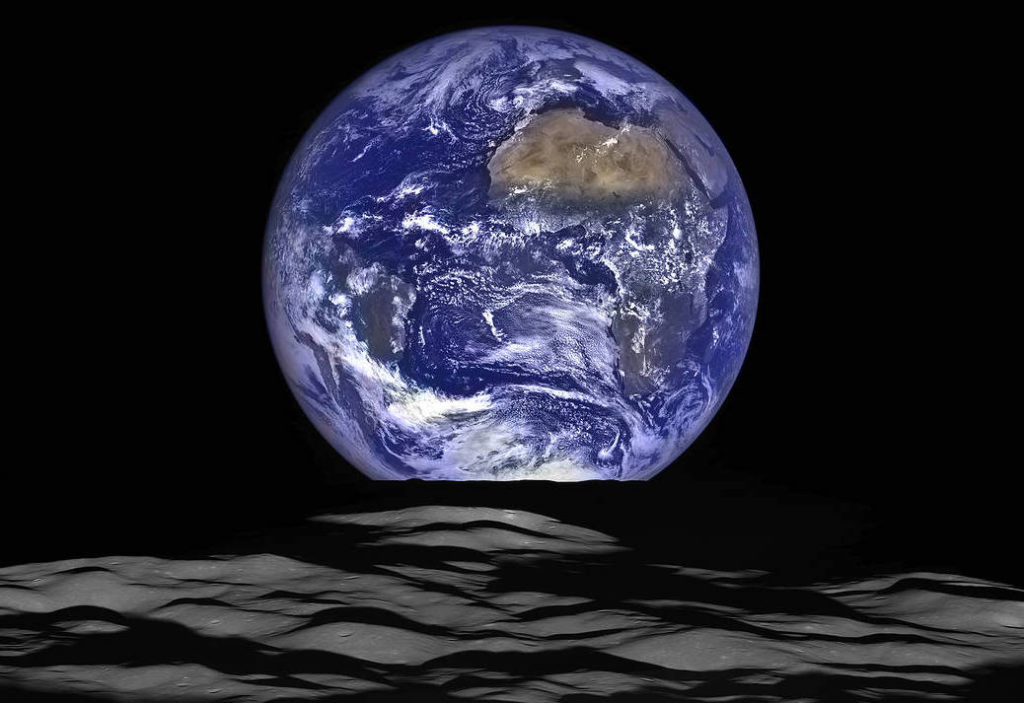Chapter 2. The Origin of Earth and the Solar System
By Karla Panchuk

Learning Objectives
After reading this chapter and answering the review questions at the end, you should be able to:
- Explain the big bang theory for the origin of the universe.
- Explain how clouds of gas floating in space can turn into stars and planets.
- Describe the types of objects that are present in our solar system, and why they exist where they do.
- Explain how Earth got its layered structure, water, and atmosphere.
- Explain how the moon formed.
- Compare and contrast our solar system with other planetary systems.
The story of how Earth came to be is a fascinating contradiction. On the hand, many things had to go just right for Earth to turn out the way it did, and for life to develop. On the other hand, the formation of planets similar to Earth is an entirely predictable consequence of the physical and chemical processes taking place around stars. In fact, it has happened more than once.
This chapter starts Earth’s story from the beginning — the very beginning — to explain why, for billions of years, generations of stars had to be born, then die explosive deaths before Earth could exist. How stars form and burn, and affect the objects around them are fundamental to Earth’s story, as is the rough neighbourhood in which Earth spent its early years.

